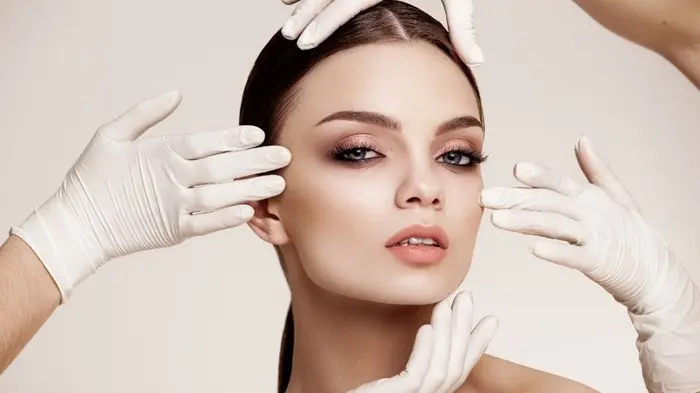Recent studies show that 70 percent of young adult women and 60 percent of young adult men are dissatisfied with their bodies. This alarming statistic coincides with the increasing normalisation and popularity of cosmetic surgery. In 2023 alone, Canadians will undergo 35 million cosmetic procedures, a staggering 40 per cent jump from just four years earlier. But what exactly is causing this dramatic increase? Social media may play a key role.
Researchers have found a strong link between social media and an increase in the number of cosmetic procedures. Apps like Instagram, Facebook, and Snapchat set unrealistic beauty standards through filters, photos of influencers, and celebrity image transformations. Research confirms that exposure to idealized bodies and edited photos, and the inevitable negative social comparisons that result, can drive people to pursue cosmetic surgery. A systematic review by Mironica et al. (2024) analyzed 25 studies involving nearly 14,000 participants and found that social media had a significant impact on people’s decision to undergo cosmetic surgery. Similarly, Savaniarat et al. (2023) noted a spike in searches for cosmetic surgery after 2012, which coincided with the rise of Instagram.
Social media amplifies the influence of celebrities in shaping beauty trends. Google searches for dermal fillers spiked when Kylie Jenner revealed she had a Joe Arden lip booster. It’s not just celebrities, cosmetic surgery advertising on social media also plays a key role. Savaniarat et al. (2023) found that targeted advertising has a significant impact on individual decisions. Platforms like Instagram and TikTok have become marketing gems for plastic surgeons, who use hashtags like # cosmetic surgery or # rhinoplasty to reach potential clients. These digital display platforms showcase plastic surgeons’ expertise while downplaying potential complications and exploiting users’ insecurities for financial gain.
In addition to the influence of advertising and celebrities, social appearance anxiety, or the fear of being judged by others for their appearance, is also driving the demand for cosmetic surgery. Social media drives constant comparisons, leading many to feel like they’re not good enough. COVID-19 has exacerbated those pressures, as video calls increase and people scrutinize themselves more closely. A study by Padley (2022) found a surge in interest in cosmetic surgery, especially for the face, as people become more aware of their appearance on screen. Many people seek surgery to regain their self-confidence during this turbulent time. This is worrying because in the post-pandemic era, video conferencing has become the norm. Although cosmetic surgery can improve the appearance, it also comes with great risks. Social media promotes unrealistic beauty standards, and surgeons show perfect results but never failures, reflecting an unreal online reality. The physical risks include infection, scarring and complications from anesthesia, while the emotional risks include long-term dissatisfaction and regret. Critics worry that groups of young people are seeking cosmetic surgery too early, getting stuck in a cycle of body image issues and constant self-transformation that will only intensify as they age. In fact, studies have shown that cosmetic surgery is like a slippery slope, with having one procedure often leading people to have more surgery in order to “fix” other unsatisfactory aspects of their appearance.
To address these trends, clinicians should implement body-positive programs and screen patients for underlying psychological conditions, such as body dysmorphic disorder, before surgery. Policymakers should regulate cosmetic surgery advertising to prevent the promotion of unattainable beauty ideals and invest in mental health programs that address self-esteem and body image issues. Social media platforms have control over advertising and should work with mental health experts to promote more diverse, positive body image content and develop guidelines to reduce harmful beauty messages.
Ultimately, users have the power to shape their own online experience. Carefully managing your feed so that it promotes authenticity and self-acceptance can counter the pressures of social media. However, algorithms can reinforce harmful beauty standards, and once exposed to cosmetic surgery-related content, they may be subjected to a constant stream of similar posts. The key question remains: Do we really need cosmetic surgery to improve ourselves, or have we been led to believe that we do? True self-worth comes from within, and cultivating self-compassion is far more rewarding than striving for an unattainable standard of perfection. The journey of self-acceptance takes time and effort, but its benefits for emotional health go far deeper than any scalpel can deliver.
You Might Be Interested In:

